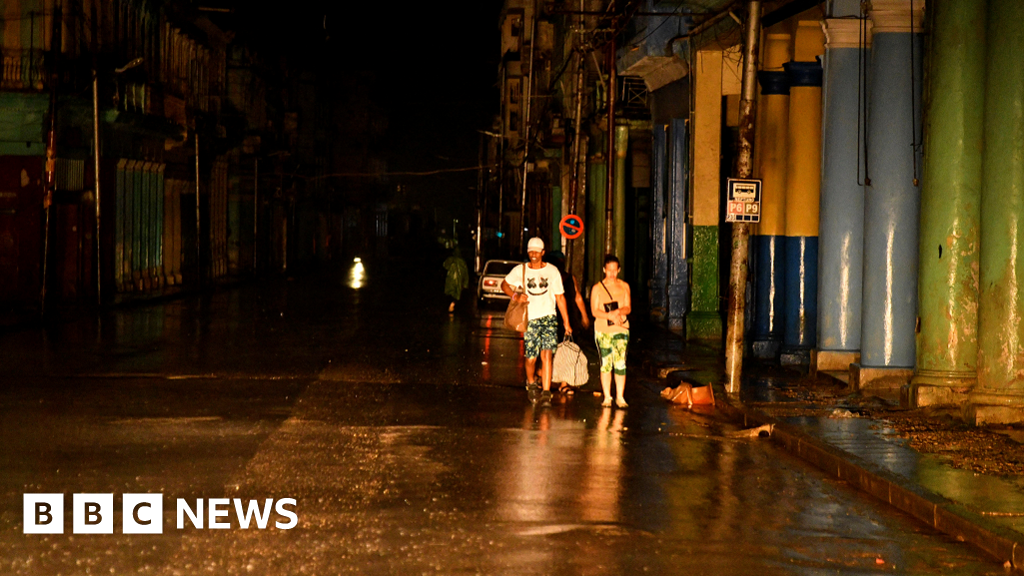Ballymaloe Organic Farm School: Nurturing a New Generation of Sustainable Food Producers
Darina Allen’s passion for teaching and sustainable food production shines brightly at the newly established Ballymaloe Organic Farm School in East Cork. This innovative initiative, part of the renowned Ballymaloe Cookery School, embraces a hands-on approach to food education amidst a bustling 100-acre organic farm. With an unyielding commitment to sustainable practices, the school aims to inform students about where their food comes from, emphasizing the importance of composting, farming, and the joy of growing.
Enhancing the Culinary Experience through Agriculture
The ethos at Ballymaloe has always been to foster a deep understanding of food origins, and the Organic Farm School takes this principle to new heights. From the moment they arrive, students engage in practical sessions, including planting seeds during their first class in a 12-week certificate course. Allen highlights the symbiotic relationship between the farm and the cookery school: “We were very aware of our facilities — the farm, gardens and greenhouses — and of the knowledge, skills, and experience built up here.”
The school is designed to accommodate a variety of learning experiences, integrating practical skills with sustainable food practices. With ingredients sourced directly from the productive farm and vegetable gardens, students enjoy fresh produce that is complemented by free-range heritage pigs, dairy cows, and a micro-dairy producing creamy Jersey milk, cheese, and yogurt. Allen notes, “Cookery students are encouraged to try all options and see what interests them.”
A Visionary Transition for Darina Allen
Since co-founding the Ballymaloe Cookery School in 1993, Darina Allen has been a beacon of culinary education. Now, embracing a new chapter in her career, she has stepped into the role of co-director of the Organic Farm School alongside Karen O’Donohoe. O’Donohoe brings her extensive background in community development and food activism, emphasizing the importance of understanding food production from soil to table.
“The main emphasis is on producing food,” says Allen, focusing on core skills essential for self-sufficiency, such as bread-making, butchering, and fish filleting. This holistic perspective aligns perfectly with the organization’s broader mission of empowering individuals through practical knowledge and sustainable practices.
Diverse Learning Opportunities at the Farm School
The curriculum at the Ballymaloe Organic Farm School caters to various learning preferences. Courses range from brief half-day sessions to immersive long-term programs. Key offerings include:
- Half-Day Classes: Topics like orchard care, natural home cleaning, and poultry rearing.
- Sustainable Food Program: A comprehensive six-week course aimed at developing skills for sustainable living.
- Practical Homesteading: A one-week intensive workshop in collaboration with the National Organic Training Skillnet, funded to promote organic practices.
These courses are designed to engage students from diverse backgrounds, facilitating a hands-on learning experience that combines theoretical insights with practical applications in outdoor classrooms.
A Response to Contemporary Issues
Amid growing concerns over public health and access to quality food, Allen is acutely aware of the contemporary issues surrounding diet and well-being. She speaks candidly about the “epidemic of ill health,” asserting that many individuals wish to reclaim control over their food choices. “We’re sitting in the middle of this working, biodiverse farm where so much is already happening,” states Allen, reflecting on the farm’s role as an educational resource.
O’Donohoe reinforces this sentiment, explaining how the farm school empowers participants to regain autonomy over their food choices and quality. “In the US, the freedom of choice around food is limited. Lots of people look at homesteading as a way of giving themselves and their family a quality of life,” she shares.
Practical Solutions and Community Engagement
Central to the mission of the Ballymaloe Organic Farm School is the idea of practical solutions for a sustainable future. The courses not only impart knowledge but also prompt students to consider immediate actionable steps post-training. The guiding question often posed is, “What are you going to do tomorrow? What are you going to do next week?”
Students also gain exposure to local artisans, witnessing the dedication behind sustainable food production. According to Allen, they see “the time, effort, commitment, passion, and purpose that really good sustainable organic regenerative producers put into their work.” This experiential learning reinforces the polarities between sustainable agriculture and mass production, fostering an appreciation for the local food movement.
Join the Conversation
The Ballymaloe Organic Farm School stands as a testament to the power of education and community in fostering sustainable practices. Allen and O’Donohoe’s efforts are paving the way for future generations of food growers, producers, and conscious consumers. As awareness around food literacy continues to grow, this initiative invites readers to engage with their local food systems.
What are your thoughts on sustainable food production? How have you integrated these practices into your life? Share your experiences and ideas in the comments below!
For more information on sustainable agriculture trends, consider exploring related articles on Shorty-News.
For in-depth coverage on food technology and sustainability, external resources like TechCrunch, The Verge, or Wired provide insightful analysis and updates on the evolving landscape of food and technology.

